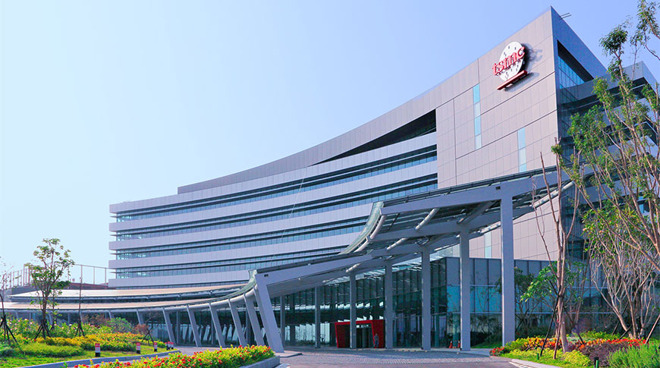Apple A14 supplier TSMC guides for big fourth quarter
Apple partner supplier TSMC reported earnings for the third quarter of 2020 on Thursday, revealing strong guidance for the coming period that provides vision into products like iPhone and Apple silicon Macs.

For the just-ended quarter, TSMC notched revenue of 356.4 billion New Taiwan dollars (about $12.14 billion) and net income of NT$137.31 billion, up 21.6% and 35.9% year-over-year, respectively.
Notably, income from shipments of 5-nanometer wafers accounted for 8% of total wafer revenue. Apple's new A14 Bionic system-on-chip, which was introduced with the fourth-generation iPad Air in September and now powers the iPhone 12 series, is manufactured using TSMC's new process.
"Our third quarter business benefitted from the strong demand for our advanced technologies and specialty technology solutions, driven by 5G smartphones, HPC and IoT-related applications," said Wendell Huang, VP and Chief Financial Officer of TSMC. "Moving into fourth quarter 2020, we expect our sequential growth to be supported by strong demand for our industry-leading 5-nanometer technology, driven by 5G smartphone launches and HPC-related applications."
Apple's A14 is expected to account for a significant portion of TSMC's 5-nanometer orders. The chip has yet to reach consumers in a shipping device, but that will change when iPhone 12 and iPhone 12 Pro launch on Oct. 23.
The chipmaker sees a rosy road ahead, guiding for between $12.4 billion and $12.7 billion in the fourth quarter, up a respective 29% and 33% on the year. Revenue for 2020 is forecast to be up 30%, an increase from July guidance that pegged a 20% increase, reports The Street.
In addition to a ramp in A14, TSMC is anticipated to supply A-series chips for Apple silicon Macs. The first of those machines is rumored to see release as soon as November.
Read on AppleInsider

Comments
https://www.investopedia.com/articles/markets/012716/how-taiwan-semiconductor-manufacturing-makes-money-tsm.asp
According to the company's website, TSMC produces more than 10,000 products for almost 500 clients worldwide. In fact, the company produces chips for some of the largest names in the world. Among many others, the company designs and manufactures chips for Apple (APPL), for whom TSMC is the only company to make A-series chips. In fact, Apple is TSMC’s largest client, accounting for one-fifth of revenue, revenue that exceeded $35.8 billion in 2019.
I'd guess that Apple will soon account for 25% of TMSC's revenue, thanks to the shift from Intel to ASi.
AMD has certainly placed a lot of 7nm EUV production, the node that the A13 was on a year ago, but Apple is the lead customer on 5nm, just as they have been for every TMSC node since anyone can remember. The lead nodes are where TMSC makes the biggest chunk of its revenue.
https://www.techradar.com/news/amd-zen-3
"AMD Zen 3 specs
We learned in mid-2019 that AMD had already finished the Zen 3 design, which is expected to be based on a 7nm+ process, offering some slight improvements on the existing 7nm process found in Zen 2 hardware. This new design is expected to be the product of a shift to 7nm EUV (extreme ultraviolet) lithography. That should allow for a potential 20% increase in transistor density while lowering power consumption by 10%.
The improved 7nm+ process would also offer new chips higher clock speeds while maintaining lower power consumption. The new process may also come with an 8% to 10% increase in IPC (instructions-per-clock). Topping that off, rumors have suggested that AMD will introduce a new level of simultaneous multithreading in Zen 3 chips that would allow a single core to handle four threads (e.g., a 4-core/16-thread CPU or a 16-core/64-thread CPU).
At the October 8 event, AMD gave us some specs for the first wave of Zen 3 processors: